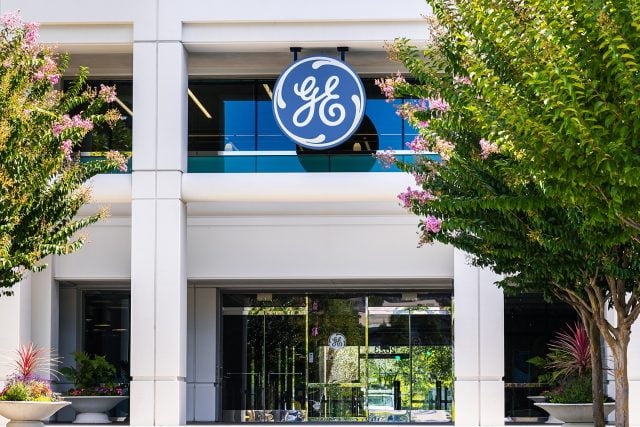
GE Freezes Its Pension Plans and Offers Former Employees Lump Sum Buy-Outs
Alicia H. Munnell is a columnist for MarketWatch and senior advisor of the Center for Retirement Research at Boston College.
The freeze reflects industry trends, but buy-outs are a bad idea.
In the face of declining profits, GE recently announced three pension actions to help reduce the company’s debts.
- Freeze its pension plan for about 20,000 salaried employees and for about 700 employees in a supplementary plan.
- Offer lump-sums to about 100,000 former employees who have not started benefits.
- Pre-fund $4-5 billion of estimated required funding for 2021 and 2022.
Freezing GE’s plan means that 20,000 salaried employees will not be able to accrue any new benefits under the plan beginning in 2021. (The plan had already been closed to new entrants in 2012.) When these employees retire, they claim the benefits they have already accrued, but those benefits will be based on their current earnings rather than the higher earnings they were likely to have had in the future. In this way, the employee pension benefits will be lower than expected, and the company saves some money. The freeze also applies to about 700 workers who became executives before 2011 and had a supplementary pension.
In 2021, workers in the pension plans will join the company’s existing 401(k) plan and will receive an extra 2 percent of salary for two years. GE will join thousands of other companies that have shifted from traditional pensions to 401(k)s in order to curb volatility and control costs.
The concerning part of GE’s announcement is its plan to offer lump-sum payouts to about 100,000 former employees who have not yet started to collect benefits. To those of us who spend our time advocating the automatic annuitization of at least some portion of 401(k) balances so that people will not outlive their resources, the offer to “un-annuitize” – transform lifetime incomes into lump sums – seems like a step in the wrong direction.
Retirees with ongoing monthly pension benefits are much more secure than those who have to decide how to allocate their retirement assets over an uncertain lifespan. With traditional pensions, retirees will not outlive their benefits and they do not have to worry about the ups and downs of the stock market.
Taking the lump sum is a really risky business. Once former employees get the money, they will have to invest it in order to duplicate anything close to what they were receiving from GE. They are likely to end up paying high fees and facing volatile financial markets. Some retirees might plan to take their money and buy an annuity directly from an insurance company. However, it is expensive for individuals to buy annuities on their own, which means that they will end up with lower monthly benefits than they would have received from GE.
Is there anyone who should take the lump sum? Only those with a serious illness who believe that they do not have much time left should even consider it. The trouble with counting on death, however, is its unpredictability; even sick people may live longer than they think.
Some experts say that wealthy people with lots of other assets, who do not rely on their GE pension as their primary source of income, might consider the lump sum. Even then, given today’s tumultuous markets, it is unlikely that even the sophisticated investor will be able to generate more income from their lump sum than their GE pension.
Former GE employees have the choice. If they want a secure retirement, almost all of them should say “no” to lump sums.







